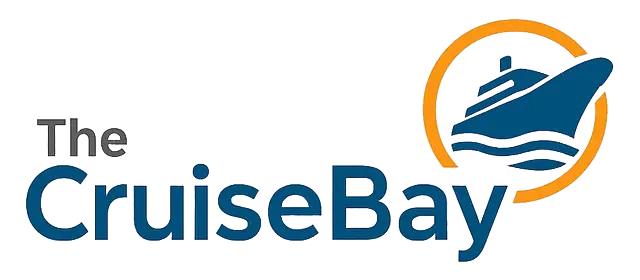In 2025, labour disputes, automation debates, and rising trade volumes will lead to periodic shutdowns at ports across North America, Europe, and Asia. For cargo ships, the consequences are immediate and severe. But for travellers planning a cruise vacation, a common concern arises: will a port strike affect cruise ships? The answer is not always straightforward. While cruise ships don’t depend on ports in the same way cargo ships do, strikes can still impact itineraries, schedules, and passenger experiences.
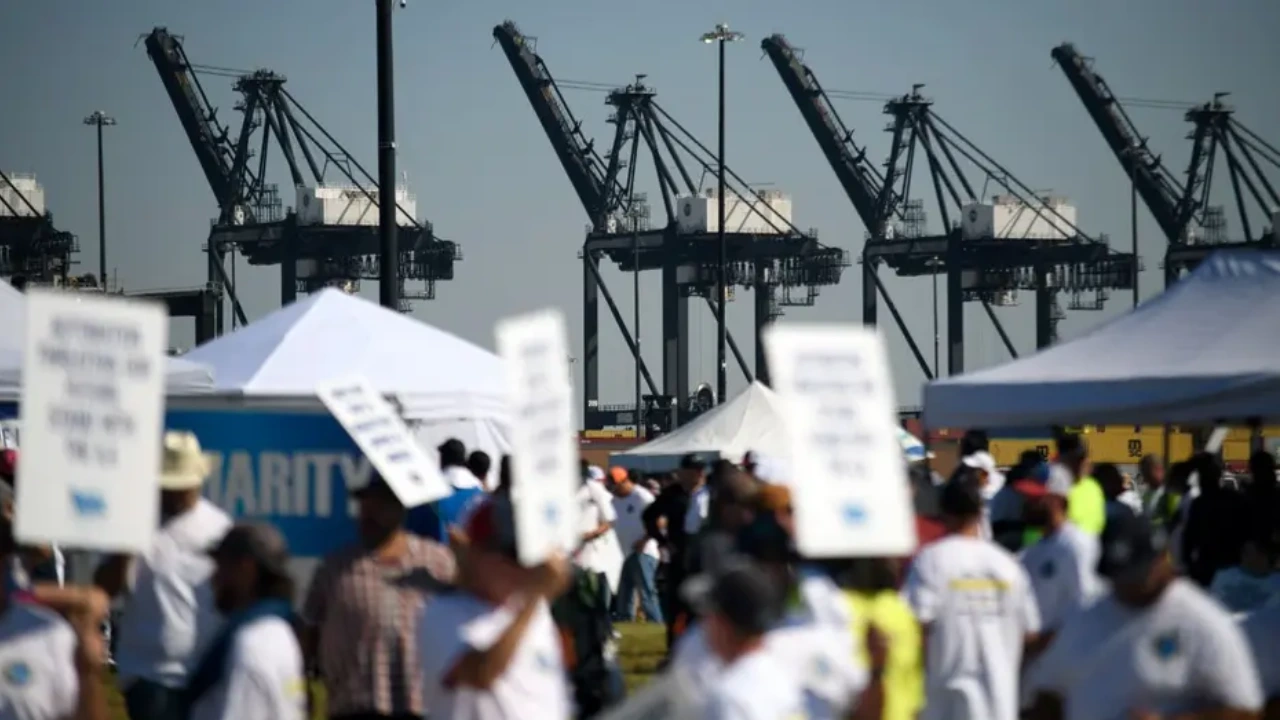
Why Cruise Ships Are Usually Spared
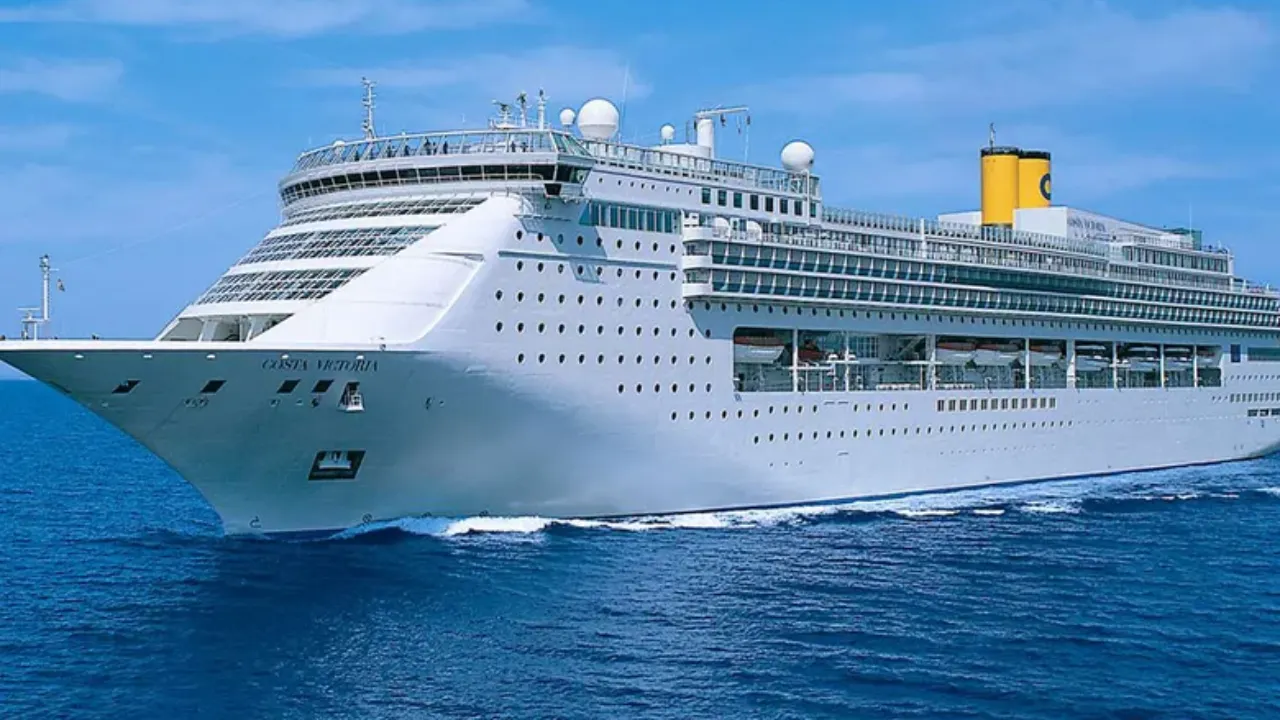
Here are a few reasons why the port strike does not affect cruise ships:
Choice of Union
The main reason cruise ships are usually unaffected by port strikes is because of a conscious choice made by longshoremen’s unions themselves. Groups like the International Longshoremen’s Association (ILA), which represents thousands of dockworkers on the U.S. East and Gulf Coasts, have a long-standing practice of keeping passenger ships running even during strikes.
Passenger Prioritization
Union leaders have explained that their dispute is with the cargo industry and port operators, not with cruise lines or vacationing families. They recognize that people book cruises months in advance and don’t want to disrupt those long-planned trips. Allowing cruise operations to continue also helps maintain public support and avoids the kind of widespread backlash that could lead to government intervention.
Different Port Operations
Cargo ships depend heavily on dockworkers for loading and unloading containers. In contrast, cruise ships don’t require large-scale cargo handling. Their needs are more limited and can sometimes be managed by non-union or alternative staff.
Operational Flexibility
Cruise lines can reroute quickly. If one port is unavailable, ships can sail to nearby destinations without major commercial consequences. Cargo ships don’t have that luxury because specific ports are critical for supply chains.
Advance Planning
In 2025, cruise lines are using predictive logistics and AI monitoring to anticipate strikes and adjust itineraries before passengers even board. This proactive planning reduces disruptions.
Shorter Turnaround Needs
A cargo ship might spend days at port unloading thousands of containers. A cruise ship usually stops for only a few hours to disembark passengers and take on supplies. This smaller operational footprint means it’s less dependent on prolonged port labour.
Minimal Effect of Port Strike on Cruise Ships
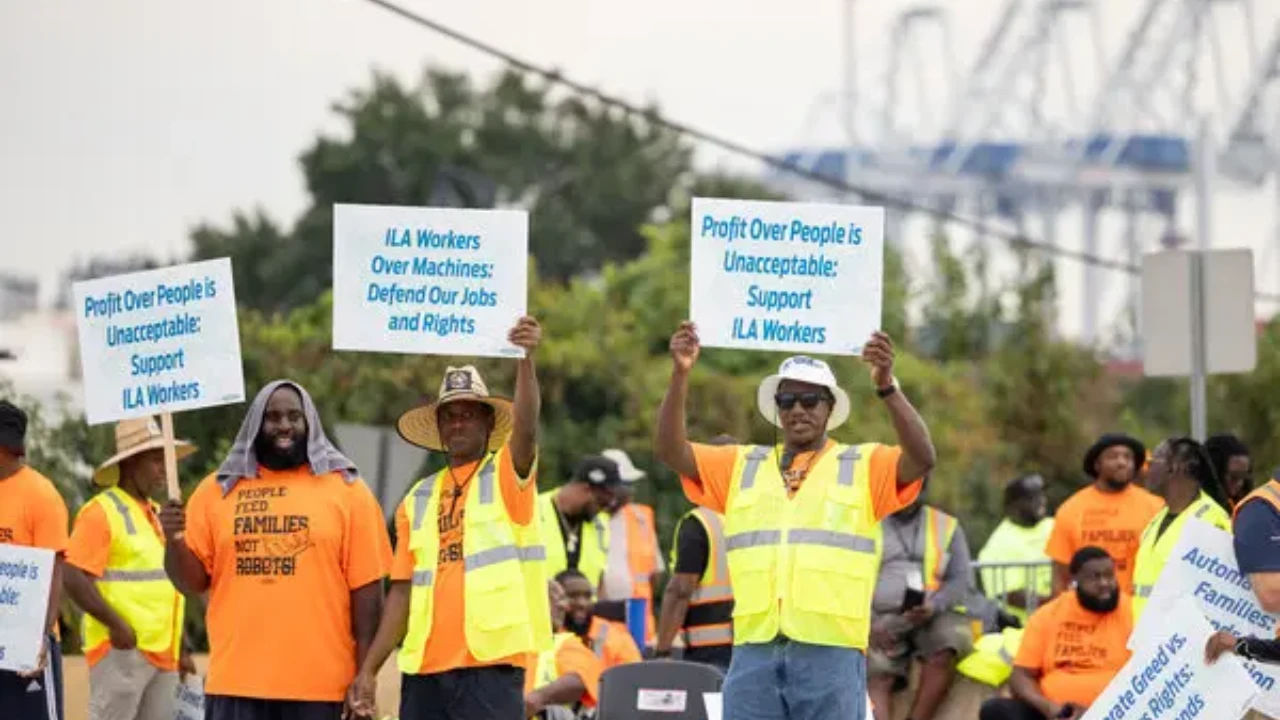
Although cruise ships usually stay on schedule during a strike, a long strike could still cause a few small inconveniences for passengers on board. Here is how the port strike affects cruises.
Itinerary Changes
Cruise ships may need to skip or reroute ports of call affected by strikes. If port staff are unavailable to assist with docking, loading supplies, or handling passengers, ships may divert to nearby alternatives.
Delays in Boarding or Deboarding
If a strike occurs at a homeport (where cruises begin or end), it can cause delays for boarding and luggage handling. Passengers may face longer waits or last-minute changes in departure locations.
Supplies and Refuelling Issues
Cruise ships rely on ports to restock food, beverages, and fuel. Strikes can disrupt these services, forcing cruise lines to adjust menus, limit certain offerings, or coordinate refuelling at alternate ports.
Shore Excursion Cancellations
With no access to port facilities, passengers might lose planned shore excursions. This can be disappointing, especially for travellers who booked tours months in advance.
Economic Impact on Tourism
Beyond passengers, strikes affect local businesses, like tour operators, restaurants, and shops that rely on cruise tourism. This economic ripple can influence future cruise schedules and partnerships.
How Cruise Lines Respond to Strikes
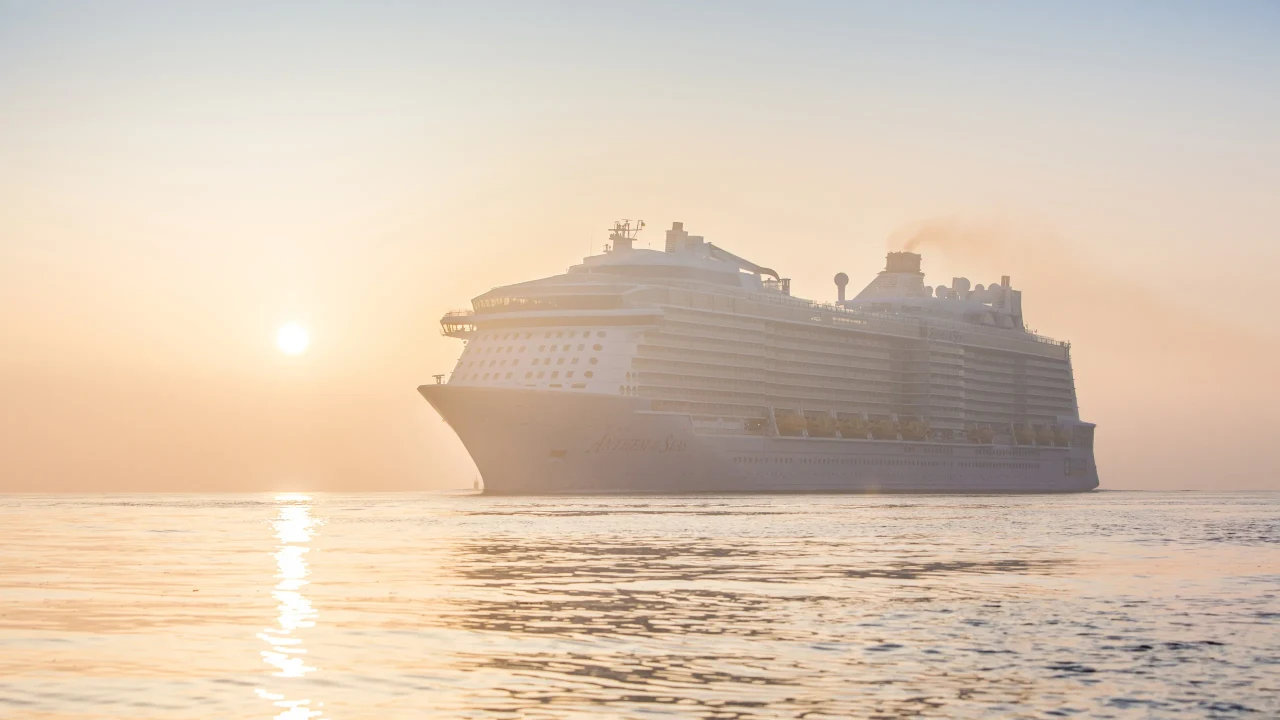
Cruise lines are experienced in handling unexpected disruptions. They usually:
- Communicate with passengers in advance about itinerary changes.
- Arrange alternative ports of call when possible.
- Provide onboard compensation or credits if a major part of the trip is affected.
- Increase onboard activities and entertainment if land excursions are cancelled.
- Use predictive technology to monitor labour negotiations and pre-plan adjustments.
- Offer compensation packages such as onboard credits, free Wi-Fi, or extra activities.
What Passengers Can Do in 2025
For travellers booked on a cruise during a port strike, here are a few ways to prepare:
- Download the cruise line’s mobile app or sign up for alerts to get real-time updates on itinerary changes.
- Choose a plan that specifically covers delays, rerouting, or cancellations caused by strikes.
- Treat rerouted ports as an opportunity to explore new destinations rather than a loss.
- Keep important items like medication, travel documents, and a change of clothes in the carry-on in case of delays.
- Book shore excursions directly with the cruise line so refunds are automatic if a port is skipped.
Concluding: Will the Port Strikes Affect Cruises?
In 2025, port strikes still affect cruise travel, but cruise lines have become smarter and more proactive in handling disruptions. While passengers may experience missed ports or slight delays, modern technology, improved communication, and backup planning ensure that vacations remain enjoyable. So, if a port strike happens before or during the cruise, it might not ruin the trip, but being informed, flexible, and prepared will help passengers make the most of their journey.
Frequently Asked Question (FAQs)
Cruises are rarely cancelled by port strikes, but they may face itinerary changes, minor delays, or skipped ports.
Not usually, as cruise lines reroute ships instead of cancelling trips.
Yes. Check-in and baggage may be delayed, but cruise lines now deploy backup staff to help.
Yes. Cruise lines avoid ports with unrest and prioritize passenger safety above all.
Yes. Most updated policies cover delays, rerouting, and cancellations due to strikes.
Yes, in 2025, U.S. West Coast, European Mediterranean, and some Asian ports will see more disputes tied to automation and wages.
Allow buffer time, book flexible tickets, and keep in contact with your cruise line for updates.
